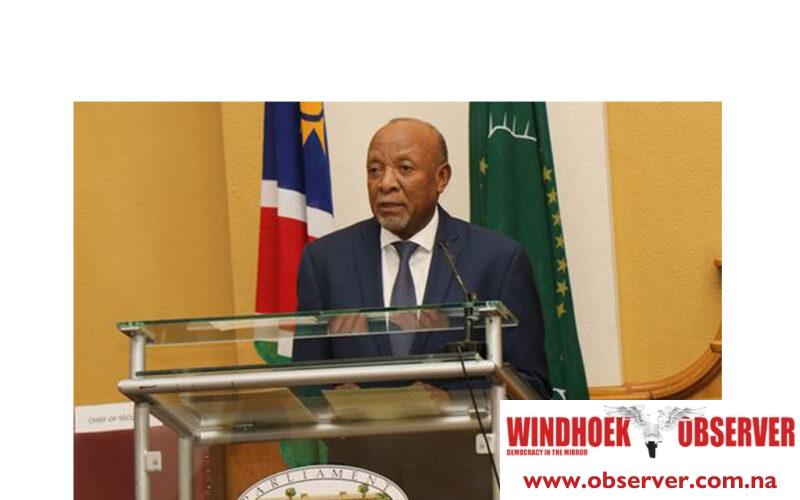Hertta-Maria Amutenja
The Namibian Judiciary has issued a stern warning to judges, to refrain from public discussions on constitutional matters outside of formal judicial contexts.
Amid the recent swearing-in of Namibia’s fourth President, Nangolo Mbumba, following the untimely passing of former President Hage G. Geingob, the constitutional intricacies surrounding Mbumba’s ascension have taken centre stage, triggering legal scrutiny and public discourse.
“The Namibian Constitution vests judicial authority in the Courts of the Republic. As such, it is inappropriate for Judges to publicly discuss issues relating to the interpretation of the Constitution outside of a formal judicial context,” warned, Deputy Director of Public Relations, Vikitoria Hango.
Responding to media inquiries on the ongoing debate regarding presidential succession, Hango, reiterated the judiciary’s commitment to upholding the Namibian Constitution and maintaining impartiality in executing its constitutional mandate.
“This approach is essential in ensuring that the Judiciary is impartial in the execution of its constitutional mandate and at the same time, gives effect to the principle of separation of powers which is a cardinal feature of our country’s democratic system of governance,” she added.
Against this backdrop, the swearing-in of President Nangolo Mbumba and the appointment of Netumbo Nandi-Ndaitwah as Vice President have ignited a constitutional debate. Attorney-General Festus Mbandeka addressed concerns surrounding the constitutional grounds for Mbumba’s succession.
“Namibia, as a constitutional democracy, guarantees its citizens the fundamental freedom of speech and expression.
While the debate is constructive, the Government is profoundly concerned about misleading interpretations and deliberate misinformation on the recent presidential succession,” emphasised Mbandeka.
Mbandeka provided a detailed analysis of relevant constitutional provisions, citing Articles 29 and 34, which dictate the process in the event of the president’s demise within a year of upcoming presidential elections.
The Attorney-General clarified the legality of Mbumba’s swearing-in as President and Nandi-Ndaitwah’s appointment as Vice President, both in accordance with the Namibian Constitution.
“In summary, Article 29(4)(a), read together with Article 34(1), requires that, if a vacancy in the office of President occurs not more than one year before the date on which the Presidential elections are to be held, such vacancy shall be filled ‘for the unexpired period,’ primarily by the person who is the Vice-President. The Vice President is listed first in the succession order specified in Article 34(1),” stated Mbandeka.




